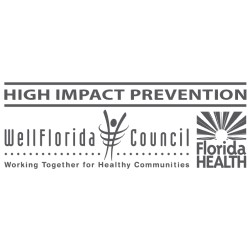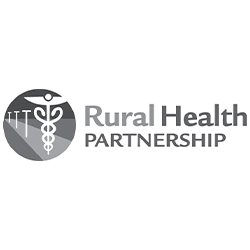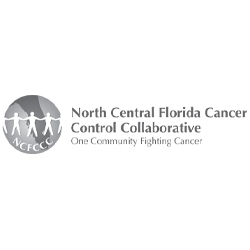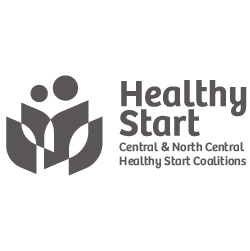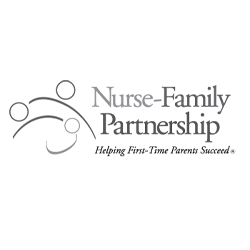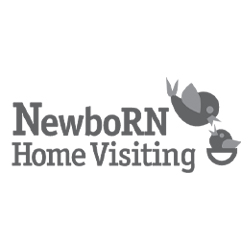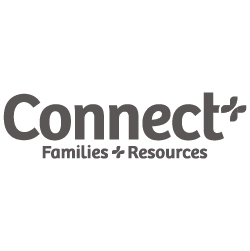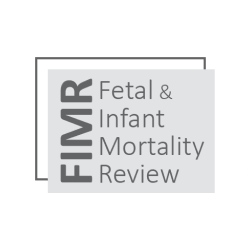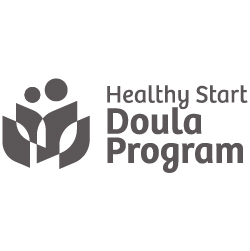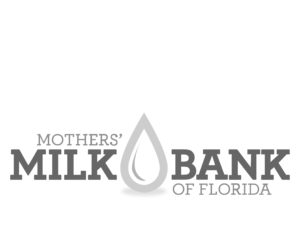‘Navigator’ helping residents understand new health care law
Ocala Star Banner
By Bill Thompson
Anna Wilson is one of a kind — literally.
Wilson serves as the designated patient “navigator” for Marion County under the Patient Protection and Affordable Care Act, or ACA.
That makes Wilson the only person in town with the credentials to help some of the estimated 65,000 to 80,000 uninsured people in the community obtain health insurance through the ACA.
As politicians a thousand miles away bicker over website flubs, postponing the law’s mandate for individual coverage and other aspects of the program critics refer to as Obamacare, Wilson quietly performs the grunt work of making health coverage a reality for people who have lost it, or never had it to begin with.
“I have a passion for helping people in the trenches, so to speak, to get the coverage, to get the care and be healthy,” said Wilson, who joined the Heart of Florida Health Center staff on Oct. 9 to specifically serve as the navigator.
As the first month closes on the implementation of the ACA, the Heart of Florida team says more than 400 people have sought to enroll in, or sought information about, one of the four plans offered in Marion County.
Kerrie Jones Clark, Heart of Florida’s executive director, said they won’t know until early next year how many of them were successful.
But 60 of them so far have filled out the paper application for insurance, Clark said, and 1,250 of the agency’s 7,000 uninsured patients have been alerted that the enrollment process is ongoing.
Wilson added that so far there’s been plenty of work to keep her busy.
“I’ve been completely overwhelmed by the number of people who don’t have health coverage,” she said. “I’m in shock.”
Over the next few weeks, Clark added, the agency intends to notify with a letter all of its uninsured patients about the ACA.
Clark said the public’s interest in the ACA is high, as evidenced by the number of people who have already come forward, but it was anticipated.
“We totally expected people would be interested,” Clark said. “People want to have coverage. They want what other people have and that’s what this is offering.”
Clark expects interest to grow once the kinks are worked out of the federal government’s website, healthcare.gov.
Responding to that demand will largely fall to Wilson, who landed in this position through a somewhat convoluted process.
When Gov. Rick Scott and the Republican-led Legislature opted against setting up a state insurance exchange, per the ACA, the federal government had to do it.
As part of that, the U.S. Department of Health and Human Services announced in August that it would divvy up $67 million nationwide to hire navigators — people like Wilson who are specially trained to field questions and offer guidance about enrolling in a private insurance plan once the market opened on Oct. 1.
The ACA does not affect people who are already participating in government insurance programs, such as Medicare or Medicaid. People with private insurance can tap into the service if their employer’s program doesn’t meet certain levels required by the ACA.
Florida was awarded $7.8 million of the HHS grants, the biggest share of which, about $4.2 million, went to Florida Covering Kids & Families, a health program at the University of South Florida in Tampa.
USF subsequently partnered with nine regional nonprofit or consumer groups to introduce the navigators to different parts of the state.
One of those organizations was WellFlorida Council Inc., a nonprofit agency designated by the state to serve as health care consultants to 16 North Central Florida counties, including Marion.
WellFlorida, in turn, subcontracted the navigator effort for Marion and Sumter counties to Heart of Florida.
According to USF, Wilson would be one of six full- or part-time navigators WellFlorida was supposed to hire to serve its entire region.
There is one other Ocala-based navigator, according to the state Department of Financial Services, which under state law must license people interested in becoming navigators.
Brandi Cooney, public relations director at Childhood Development Services, has been approved as such. CDS, however, is covering Hernando and Citrus counties, Cooney said.
Clark said her agency lobbied WellFlorida hard to take on the navigator’s tasks.
“We really wanted to do it because there are so many uninsured people in Marion County,” Clark said.
“One of the reasons we jumped in so fast was to make sure we could bring the best information to Marion County and because rural areas are often overlooked.”
To launch the program WellFlorida provided Heart of Florida $37,800 to pay for Wilson’s post, including her salary, equipment and expenses, Clark said.
Wilson’s job frequently sends her to Sumter County, which, according to 2011 data compiled by the U.S. Census Bureau, has more than 8,100 uninsured people, or about 18 percent of its under-65 population.
Wilson was one of 35 applicants for the job and was selected from a handful of finalists who were interviewed.
“Anna really stood out, with her background of bringing resources to people, because at the end of the day, that’s what this is all about,” Clark said.
Wilson, who holds a master’s degree in adult education, said she moved to Ocala four years ago from New York City.
Before Heart of Florida, she previously worked for Camelot Community Care in Lake and Sumter counties, locating health care providers for children with mental health issues.
During the past six years she was in New York, Wilson worked as an assistant program director at a homeless shelter. There, too, she dealt with many people battling mental health problems and sought help for them, she said.
Since it was enacted in 2010, ACA foes have latched onto almost every major piece of the law to denounce it, with the much-publicized shortcomings of the government’s website being the latest issue.
The establishment of the navigators was no different.
Florida Attorney General Pam Bondi, for example, has suggested the navigator ranks could include identity thieves who would have easy access to an individual’s sensitive information. The Florida Department of Health responded by barring navigators from county health departments.
Bondi raised those concerns as Washington was touting the funding for the navigators, weeks after a new law enacted by Florida prohibited people from working as navigators without first clearing the state’s regulatory hurdles, including passing a criminal background check.
And Tallahassee’s answer was mocked by the likes of Comedy Central host Stephen Colbert, who ridiculed the idea that navigators would be out to steal the identities of uninsured poor people.
Some conservative opinion-makers and groups have raised the issue that a navigator organizer in New Orleans had worked for ACORN, the community group that had endorsed President Barack Obama and became a lightning rod of conservative criticism during his first term, and that one in New York was an illegal immigrant.
Individual cases such as these aside, a precedent exists for the navigator program, one linked to a Republican president.
Recently, National Journal reported that the navigator program is based on the Senior Health Insurance Assistance Program, whose ranks are generally easier to join than the navigators.
The program was created in 1992, during President George H.W. Bush’s administration, to help senior citizens in selecting coverage under Medicare.
It features a cadre of volunteers who provide “free, unbiased and comprehensive Medicare information and counseling to beneficiaries and caregivers,” said Ashley Marshall, spokeswoman for the Florida Department of Elder Affairs, which operates the state’s Serving Health Insurance Needs of Elders, or SHINE, program.
A few ACA critics in Congress recently argued that navigators would violate the Health Insurance Portability and Accountability Act, which prevents doctors and health care workers from releasing someone’s medical information.
Proponents of the ACA noted that applicants do not supply HIPAA-protected information in the process.
To become certified, Wilson had to take a 20-hour online certification course and pass 26 separate exams.
The whole process took about a week, she said.
Wilson’s role is to be able to explain the health plans — three of which are offered by Florida Blue and one by Aetna — without advocating for a specific one. She is barred by law from having contact with the insurers.
Wilson added that she had no idea the certification would be as intense as it was.
So far, she said, none of the people who have come to her for help have raised questions about the privacy of their data, or HIPAA violations or the other issues raised by critics.
The website’s problems have undoubtedly made Wilson’s job tougher because it’s forced her to repeat the process.
For instance, Ocala resident Wanda Forbes, who is uninsured, registered such a complaint about the electronic logjam.
“I can’t get on it,” Forbes told Wilson during a recent session. “There are too many people trying to get on.”
After Wilson spent several minutes trying unsuccessfully to help her, Forbes left Heart of Florida without finishing her application, although she agreed to come back.
Heather James, the agency’s director of patient access, said people have been more successful filing paper applications, which means they don’t have to return.
That, however, can take about as long as it does to wait on the computer, she added, meaning the process can run up to two hours to complete.
Heart of Florida’s initial clients, Wilson said, mostly want to know about insurance and seemed pleased by the early results.
“My job is to make sure people find a health coverage plan that meets their needs and their budgets,” Wilson said.
“They are so happy that we know what we’re doing and what we’re talking about.”
Back to News page

